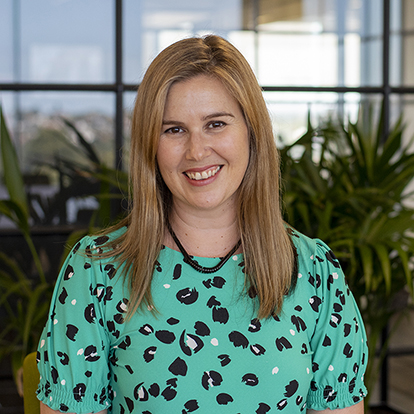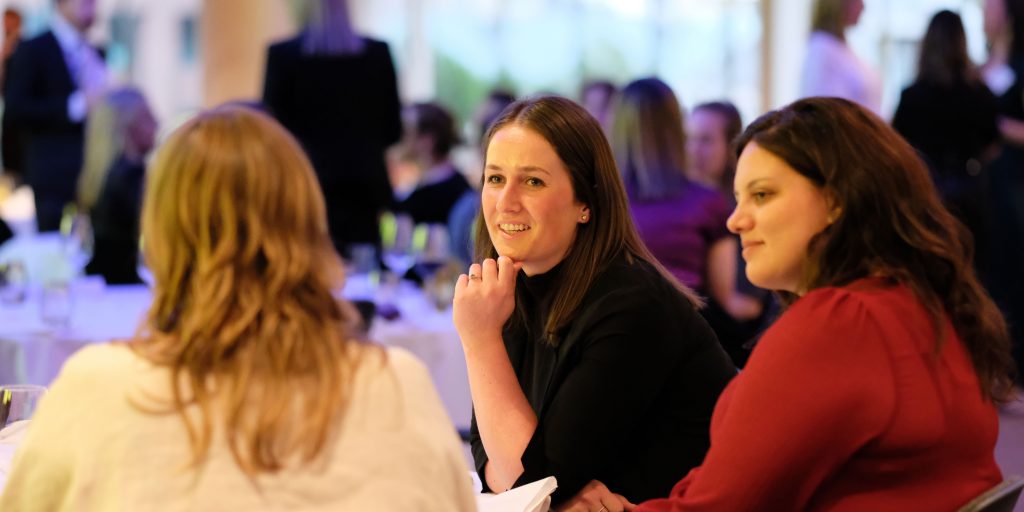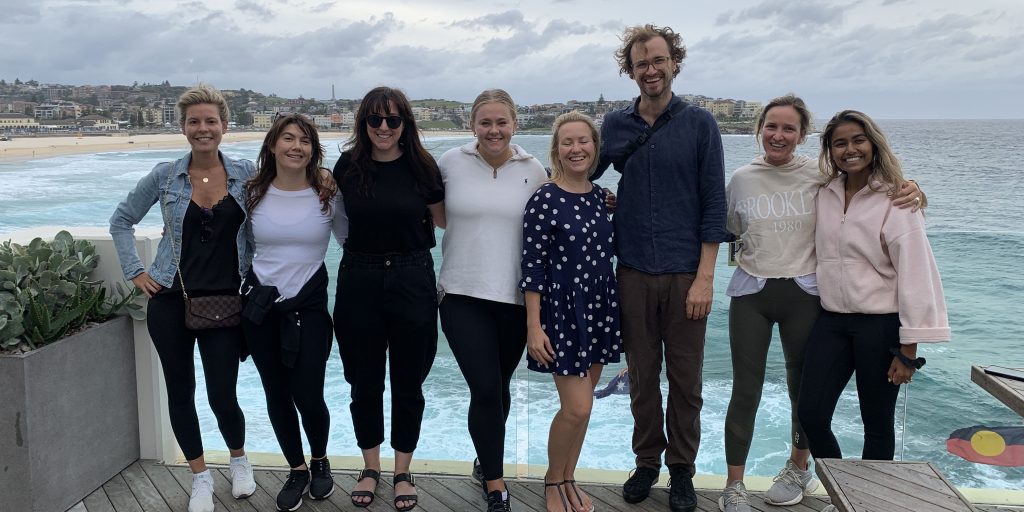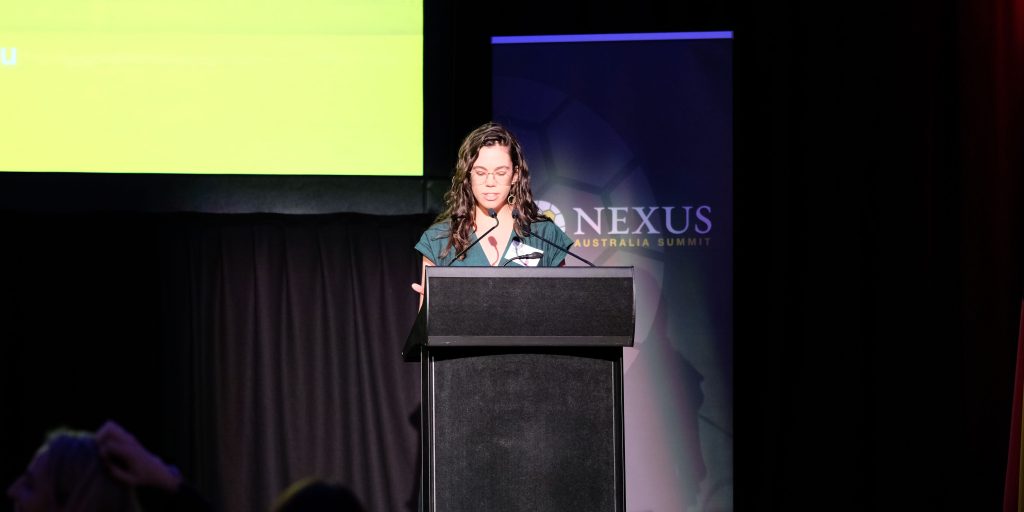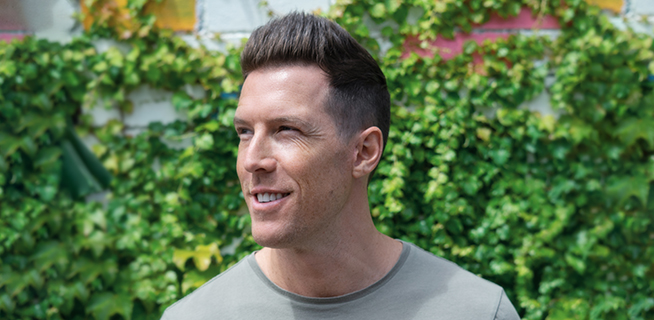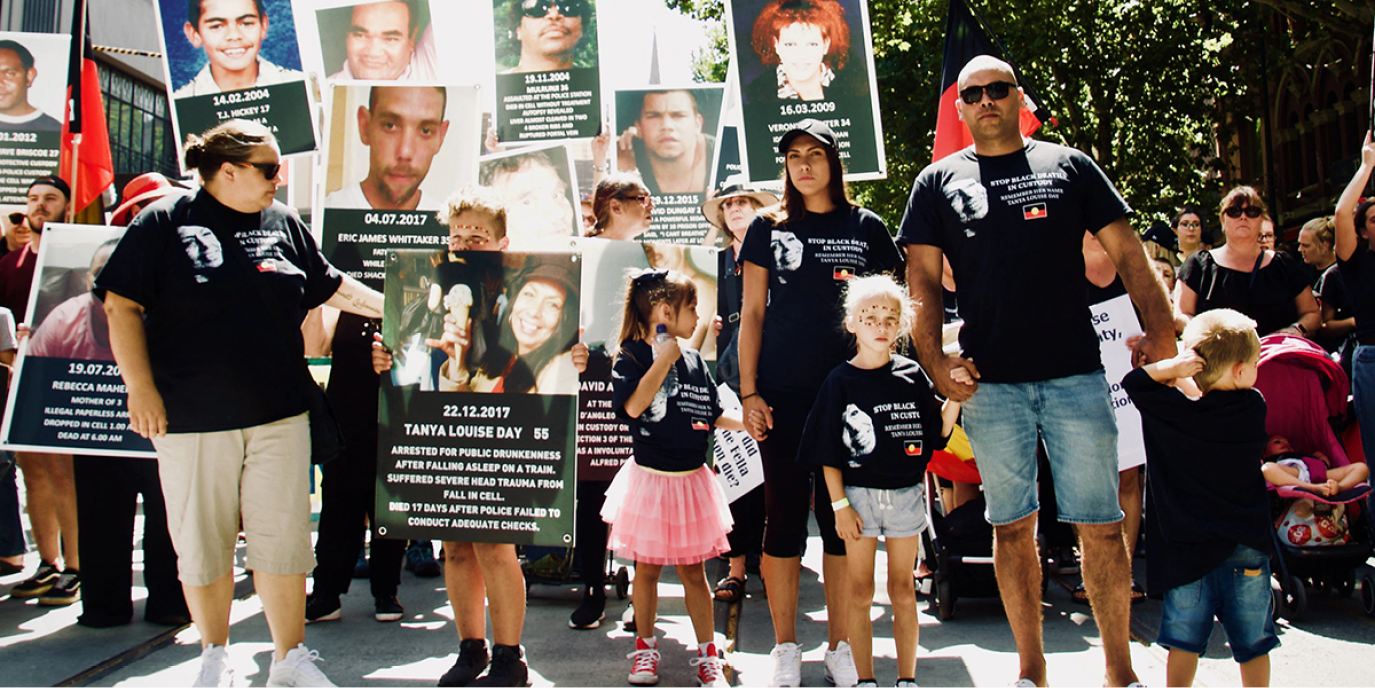This story has been produced through the Australian Communities Foundation and NEXUS Australia partnership.
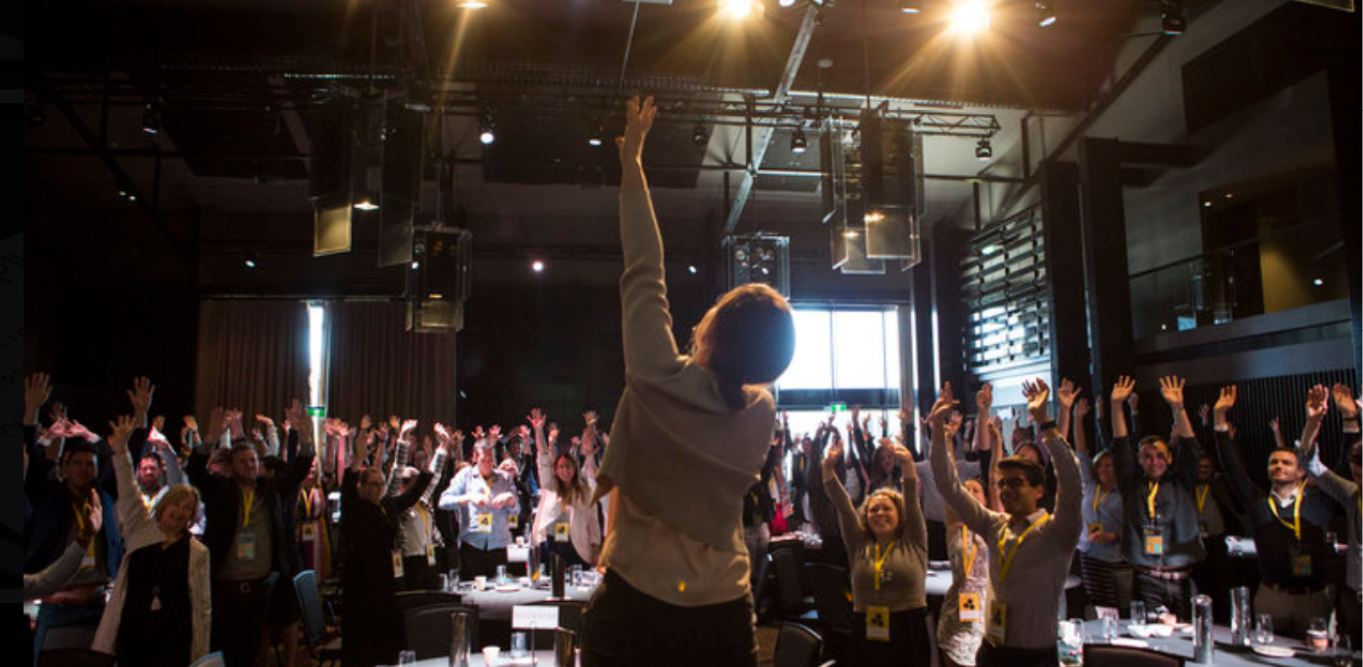
Catalysts, connectors and citizen activists: NEXUS 2021 Australia Summit
We speak to Lucy Steggles and Rachel Gerrol about the upcoming NEXUS 2021 Australia Summit.

